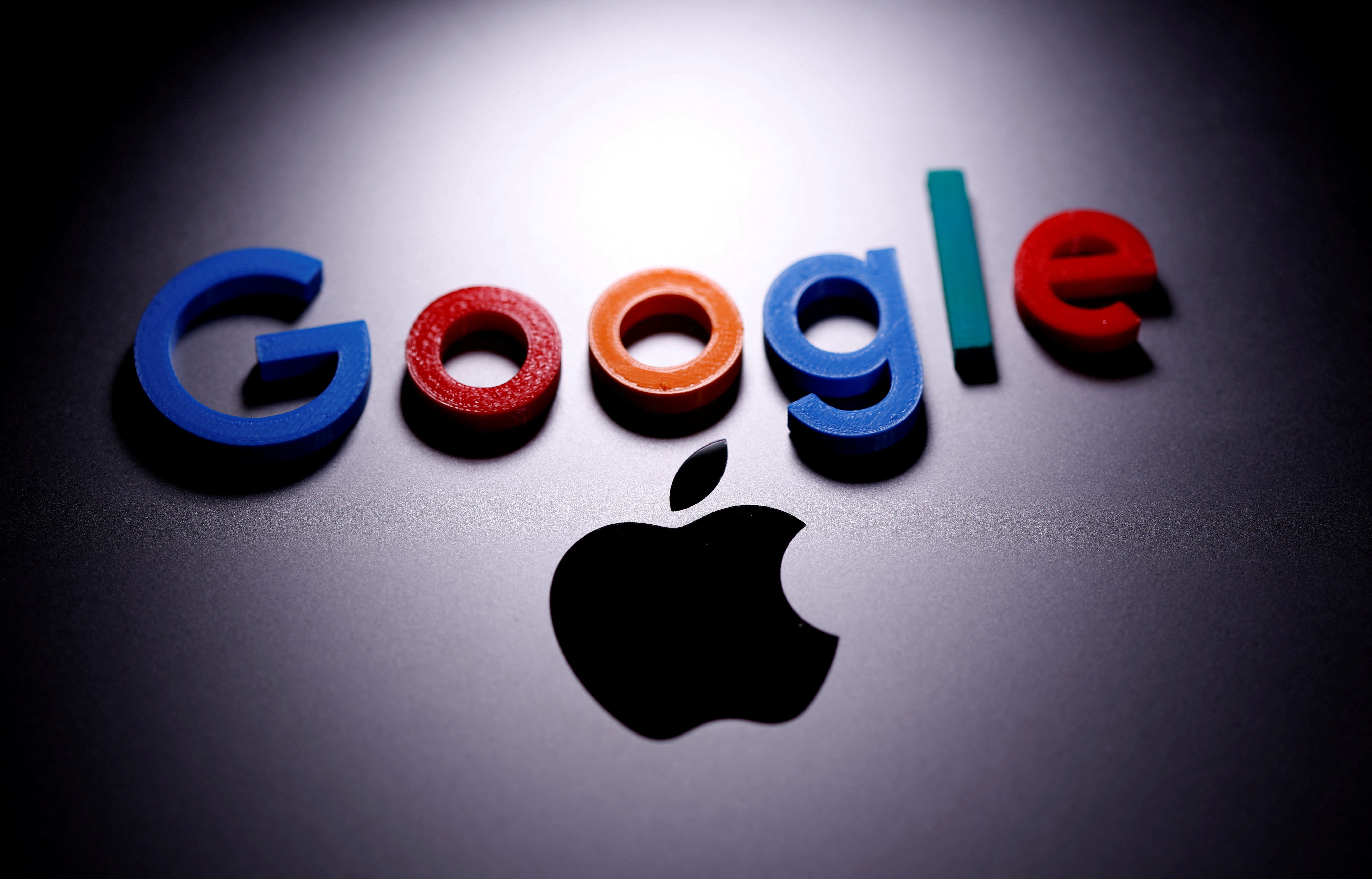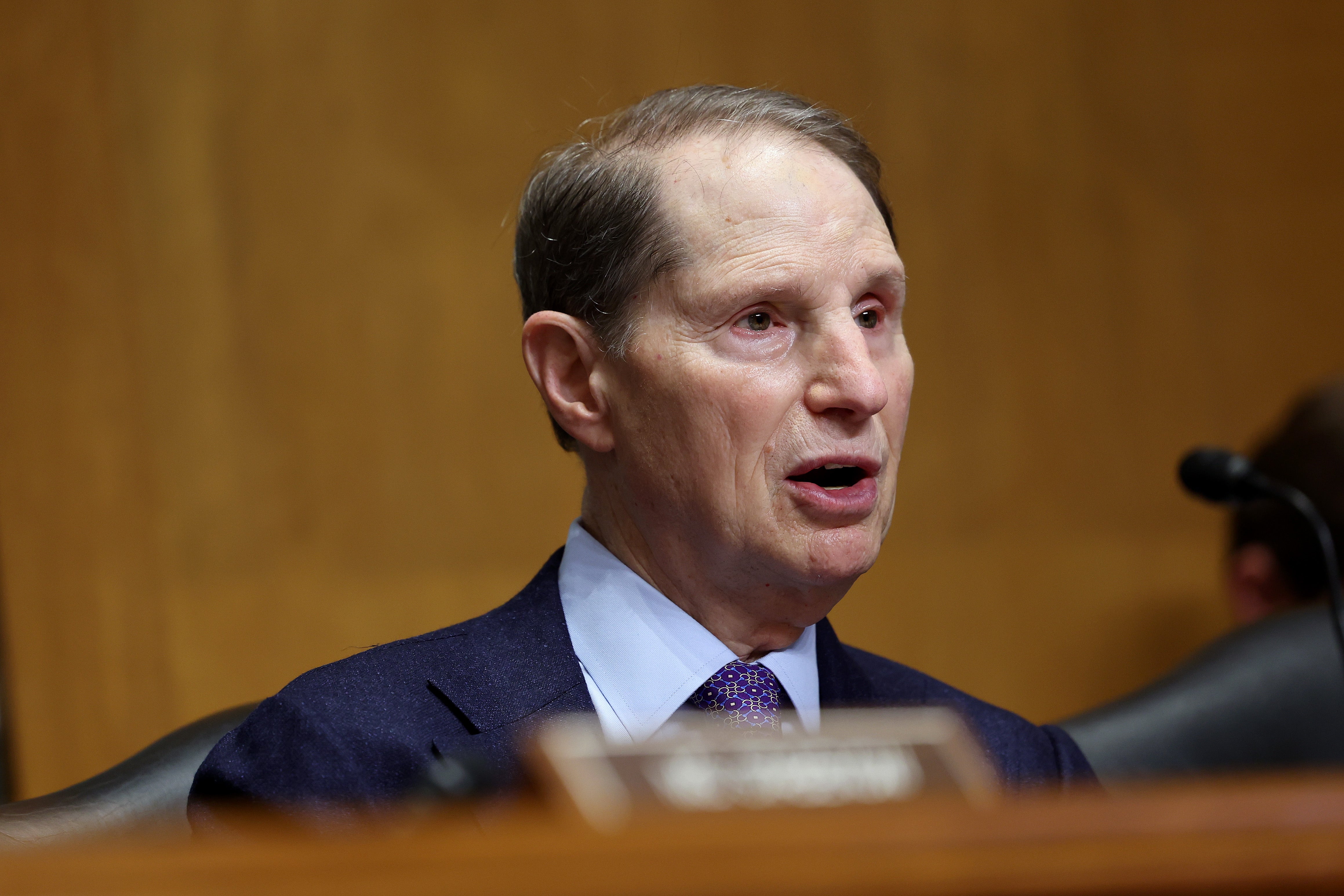Governments accused of using Apple and Google push notifications to spy on users
Senator Ron Wyden warned unidentified governments are surveilling smartphone users via their apps’ push notifications

Governments have been accused of using Apple and Google push notifications to spy on users.
In a letter to the Department of Justice, senator Ron Wyden warned unidentified governments are surveilling smartphone users via their apps’ push notifications.
Smartphone users across the world receive push notifications every day which alert them to incoming messages, breaking news and other updates.
All such notifications travel over Google and Apple’s servers, meaning the two companies get a unique insight into the traffic flowing from those apps to their users.
Senator Wyden said this puts Apple and Google “in a unique position to facilitate government surveillance of how users are using particular apps.”
He added that foreign officials are demanding such data from the two tech companies, citing a “tip” as the source of the information.
While the senator did not elaborate on the tip, a source familiar with the matter confirmed to Reuters that both US government agencies and foreign governments allied to the US had asked Apple and Google for metadata related to push notifications.
The Reuters source added that the government agencies had asked for such data to tie anonymous users of messaging apps to specific Apple or Google accounts.
In his letter, Mr Wyden asked the Department of Justice to “repeal or modify any policies” that hindered public discussions of push notification spying.
A Google spokesperson told The Independent the company “share(s) the Senator’s commitment to keeping users informed” about requests by governments for user data.
“We were the first major company to publish a public transparency report sharing the number and types of government requests for user data we receive, including the requests referred to by Senator Wyden. We share the Senator’s commitment to keeping users informed about these requests,” the spokesperson said.
The Independent has contacted Apple for comment.

While most smartphone users are unaware of the data protection issues associated with push notifications, tech experts have warned that they are a “privacy nightmare” and that they are difficult to deploy without sending data to Google or Apple.
Concerns over the protection of smartphone data by tech giants such as Apple and Google have been prevalent in the past few years.
In 2018, the Energy and Commerce Committee wrote to the heads of Apple and Google to demand they make clear whether iPhones and Android devices are collecting information about their users, and how that data is used.
The committee warned that the companies may be tracking their users, including tracking their location and listening in to what they are doing through their microphones.
Meanwhile, in 2021, Google followed Apple by rolling out “nutrition labels” that inform users of whether an app collects data on a user’s location, contacts, personal information, photo and videos, audio files, or storage files.
In recent months, US lawmakers have raised fears over the weaponization of personal data by foreign governments, particularly China.
In January 2020, the United States Army and Navy banned TikTok, which is owned by China-based tech giant ByteDance, on government devices after the Defense Department labeled it a security risk.
US lawmakers have expressed concern over the ability of the Chinese Communist Party to access the data of US citizens using the app, and have considered implementing a nationwide ban on TikTok.
Join our commenting forum
Join thought-provoking conversations, follow other Independent readers and see their replies
Comments
Bookmark popover
Removed from bookmarks